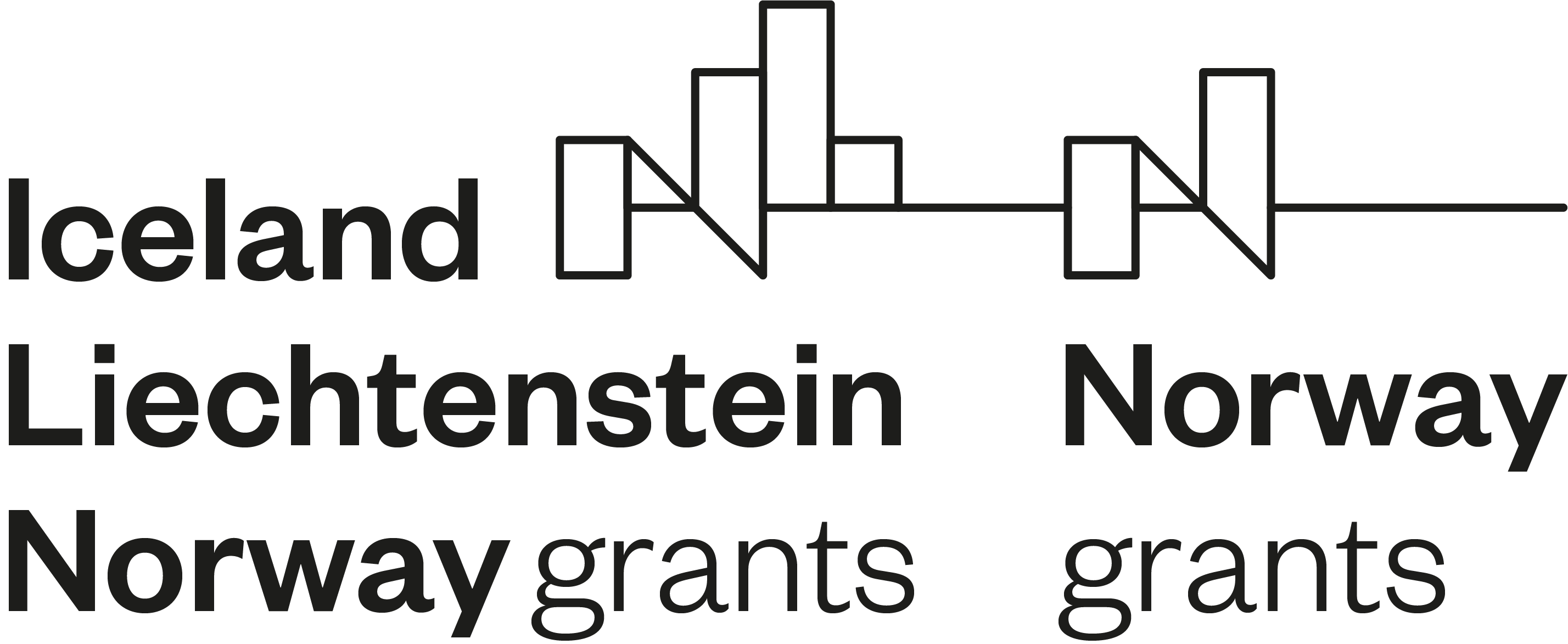Resource documents
October 12, 2023
This article explores the phenomena of violence and jihad in three parts: their emergence and trajectory in the Qur’anic text, their meanings, and their entanglement with the religious cause. The objective was to examine the interactions between violence and jihad, highlighting the variations in their usage and interpretation.
October 12, 2023
As the UK has placed some of its Prevent strategy on a statutory footing and is proposing to introduce a Counter-Extremism Bill, this article argues that a legal definition of extremism must be carefully drafted to provide legal certainty.
October 12, 2023
This article provides an overview of the current practices and challenges in psychological risk assessment
for crime and violence
October 12, 2023
This paper captures the outcomes of this meeting, including inspiring restorative justice initiatives and challenges in the field. It is divided into the following four sections: Setting the scene, Restorative justice realities, Other innovative restorative justice approaches, and key messages and recommendations.
October 12, 2023
This expert meeting therefore discussed existing deradicalisation or exit lessons learned, as well as good practices in reaching and working with individuals only or mostly by digital means.
December 29, 2022
This study outlines some of the foundational concepts and challenges for developing approaches to assess individuals’ risk of terrorism involvement and violent extremist activity.
December 29, 2022
In this insightful and thought-provoking report, Jesse Morton and Mitch Silber detail and analyze ongoing rehabilitation and re-entry programs in the United Kingdom, Canada, Australia, France and Denmark. They build a strong case for the establishment of a cost-effective and rigorously evaluated program in the United States that is tailored to local circumstances and modeled on those currently in place for gang members, drug and alcohol abusers and domestic violence offenders.
December 29, 2022
This poplicy paper analsyis the different takes to returning FTFs adopted by balkan countries.
December 29, 2022
The article examines the extent to which Islamic State (IS) has affected jihadi terrorism in Europe. We look at the scope of attack activity, perpetrators and their networks, modus operandi and funding.
December 29, 2022
The aim of the paper is to examine the attitudes based on the
participants’ professional experience regarding public fear of terrorism and to assess the
justification for conducting, and the methodology of, research into the fear of terrorism.
December 29, 2022
This paper aims to provide some groundwork for research on the radicalisation of immigrants, by investigating why some Kosovar immigrants in Germany have joined violent extremism organisations like IS and Hayat Tahrir al Sham.
December 29, 2022
This ex post paper summarises the recommendations and best practices drawn from the meeting. This document is intended for policymakers and practitioners who want to better understand the needs and goals of others and who wish to improve mutual cooperation at all levels. The exchange of best practices from the Western Balkan and EU countries could better prepare both regions to tackle any threats and challenges they may face.
September 30, 2022
The paper presents preliminary findings of a study involving a sample of stakeholders (e.g., police, NGOs, local government representatives, civil society members, religious communities) responsible for dealing with the task of (de)radicalisation in different Western Balkan countries.
September 30, 2022
The terrorist threat is estimated as severe too critical in France, Belgium, Britain, the United States and Germany. hese countries have experienced the most attacks and plots.
September 30, 2022
Although the violent potential of nationalism in the Balkans should be overlooked by no means, the inflammatory rhetoric is just a method used by political elites to manipulate the public.
September 30, 2022
Throughout, the report identifies the challenges to deeper engagement between CSOs and the UN system in the context of the Strategy and how to overcome them, as well as the benefits that might accrue to CSOs as a result of their more active support for implementation of the Strategy. The report concludes with a series of recommendations, many of which are discussed and expanded on in the report itself, focused on concrete steps that the UN system, states, and CSOs should take, alone or in partnership with each other, to address these challenges.
September 30, 2022
In a multicultural Europe, non-Christian forms of religious fundamentalism such as Islamism also exist with ideological similarities to the Extreme Right, but this is not sufficient to categorize Islamism as a form of Fascism. Some Islamist groups seek alliances with the Extreme Right on the basis of their common dislike for Israel and the West, globalization and individual freedom of thought.
September 30, 2022
In addition to discussing women who travel to IS-controlled territory, a significant part of this paper addresses the broader trend of women from Western Balkan countries who support homegrown terrorism.
September 30, 2022
My argument builds on and extends emerging work analysing social movement activity beyond the prism of the ‘challengers versus authorities’ paradigm.
September 30, 2022
This work aims at deepening the knowledge on this phenomenon, the underlying ideology and the personological characteristics of those who consider themselves “Involuntary Celibates”.
September 30, 2022
This report has shown that state-building remains the overarching ambition for Islamist extremists, as is all too clear through their military, communications and recruitment tactics. Despite stripping ISIS of its amassed territories, the pursuit of an ‘ideal’ state continues to embolden fighters, attract new followers, undermine governments and threatens the fabric of societies around the world.
September 30, 2022
This article presents a qualitative analysis of far left populism in Greece, focusing on the discourse of anarchists during the riots of December 2008.
September 30, 2022
The article seeks to shed light on women from Western Balkan countries who supported or participated in violent extremist organizations as well as the potential consequences stemming from this.
September 30, 2022
Accordingly, incel violence arguably conforms to an emergent trend in terrorism with a more salient hate crime dimension that necessitates greater scrutiny and analysis—especially as it spreads to Europe and shows similarities to and has nascent connections with other terrorist movements.
August 31, 2022
The paper also outlines the current debate regarding where is the best place to house terrorist prisoners (isolation vs. separation). The paper concludes by identifying the major gaps in the literature and offers concluding remarks.
August 31, 2022
This guidebook is at the intersection of three important thematic priorities for the OSCE that were recently reaffirmed by participating States.
August 31, 2022
Why do some neighbourhoods turn into hotbeds while others, facing comparable challenges and factors, do not?
August 31, 2022
The results show that, in the case of family members, motivation is affected by exposure to traumatic stress. They also suggest that a locus of control among former extremists can signify different stages of deradicalisation in some forms of exit pathways and thus help to identify different risks depending on a former’s P/CVE role.
August 31, 2022
This chapter reviews the various pathways for youth radicalization, followed by a presentation of several theoretical explanations as to why youth may become radicalized.
August 31, 2022
This paper bridges the gap in Indian public discourse on the aims of ISIS (Islamic State of Iraq and Syria or Islamic State) and where it stands today as the most formidable terrorist organisation of the 21st century.
August 31, 2022
This article aims to connect sectarian hatreds, failed states, and Islamic eschatology to the growing extremism within the Sunni jihadist movement.
August 31, 2022
This paper explores these tensions highlighting the challenges police and Muslims face when working in partnership. The paper draws on the international literature and the authors own experience with engagement and partnership work with Australian Muslim communities and police. Lessons for counter-terrorism policing are highlighted.
August 31, 2022
This article explores this issue further through analyzing and exploring the role that connectors, rather than communities per se, may play in counterterrorism.
August 31, 2022
This study presents ways in which youth work prevents radicalisation leading to violence. It also identifies inspiring youth work practices, as well as the needs and challenges youth work faces.
August 31, 2022
This paper presents findings from semi-structured interviews with 17 practitioners representing 14 exit interventions in 7 European countries.
August 31, 2022
This publication provides background knowledge on radicalisation and puts forward a framework of risk assessment indicators tailored to the institutional environment of the countries of Central and Eastern Europe that are yet to develop specific counter-radicalisation measures.
August 31, 2022
This article examines the limitations of prevention and countering violent extremism programmes and policies in engaging with women, their roles, and gender-sensitivity. Recognising women’s agency, diversity in voices and experiences, and knowledge is fundamental to ensuring their rights and sustainable peace.
August 31, 2022
This article explores geographical and epistemological shifts in the deployment of the UK Prevent strategy, 2007–2017.
August 31, 2022
This article describes how disrupting the activities of suspected violent extremists has become an increasingly significant construct in the policy and practice of the Prevent strand of UK Counter-Terrorism.
August 31, 2022
This article presents a case study of the recently conceived and ongoing counter-extremism campaign, Voices Against Extremism, a campaign designed and implemented by university students from Vancouver, Canada.
August 31, 2022
This study analyzes the political reasons that allowed the Islamic State to expand successfully in Syria and Iraq, by enabling to “franchise” worldwide, and the role of the regional governments in this issue.
July 29, 2022
Drawing on a desk-based review of literature on de-radicalisation combined with interviews, this paper presents a thematic analysis of Indonesia’s CVE programmes and CSOs’ engagement in de-radicalisation
July 29, 2022
This reports presents some reccommendations for communitarian involvment in P/CVE efforts.
July 29, 2022
The review includes lessons from countries with low level or latent conflict and post-conflict settings.
July 29, 2022
The present research examines the social cognitive processes underlying ideologically-based violence through the lens of the 3N model of radicalisation.
July 29, 2022
This research answers the question: “What is known about the effectiveness of CT and P/CVE interventions in the three areas of most interest for the MFA: 1) youth engagement; 2) reintegration; and 3) capacity building of national government and law enforcement?”
July 29, 2022
This research answers the question: “What is known about the effectiveness of CT and P/CVE interventions in the three areas of most interest for the MFA: 1) youth engagement; 2) reintegration; and 3) capacity building of national government and law enforcement?”
July 29, 2022
This paper presents the potentials and capabilities of civil society and community organisations in countering violent extremism and radicalisation.
July 1, 2022
The staircase metaphor directs us to build a solid foundation of contextualized democracy so that there will be minimal incentive for individuals to climb to higher floors in order to join terrorist organizations.



